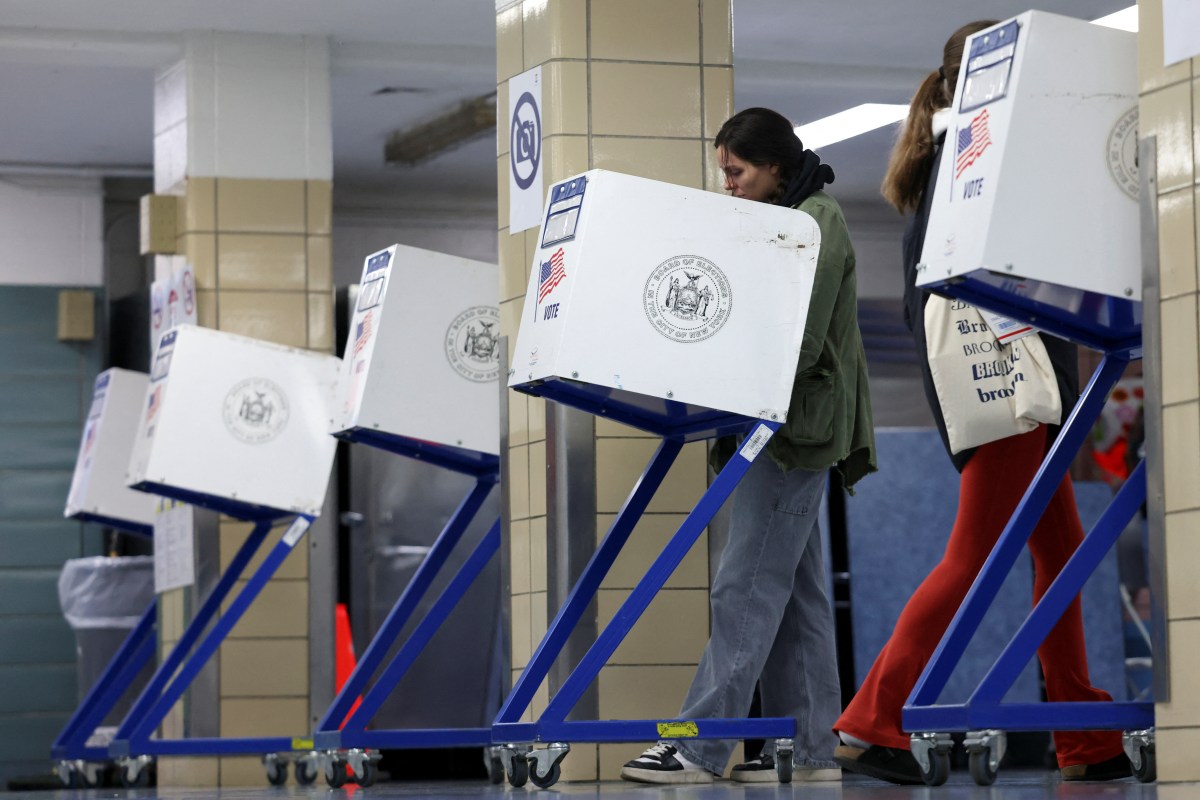By Stephen Culp
NEW YORK (Reuters) – Wall Street seesawed from red to black and back on Thursday as recessionary fears and simmering U.S.-China trade tensions offset upbeat retail sales data.
All three major U.S. stock indexes struggled for direction as investors grappled with mixed messages of a strong consumer and dropping U.S. Treasury yields.
Walmart Inc beat second-quarter Street estimates and raised its full-year earnings expectations, sending the world’s largest retailer’s stock up 4.3% and allaying concerns about waning consumer demand.
Those concerns were further eased when retail sales data surpassed analyst expectations. Consumers, who account for about 70% of the U.S. economy, stepped up their spending across the board in July, according to the Commerce Department.
“Consumer strength has a lot to do with the low unemployment rate and historically low interest rates,” said Matthew Keator, managing partner in the Keator Group, a wealth management firm in Lenox, Massachusetts. “Money is cheap and people are working.”
But other economic data was less rosy. Manufacturing output shrank more than expected in July according to the U.S. Federal Reserve, and initial claims for unemployment insurance came in above economist forecasts.
Bellicose rhetoric kept U.S.-China trade tensions at a low boil, as China vowed it would counter the last round of tariffs on Chinese imports and called on the United States to meet it halfway, while U.S. President Donald Trump said in an interview any deal must be made “on our terms.”
The prolonged escalation of the trade war between the world’s two largest economies and its economic fallout have vexed global markets for months and shown few signs of resolution.
“(China has) a long history of looking at things in terms of decades, not election cycles,” Keator added. “I’m not surprised that China’s playing the long game.”
Impending U.S. tariffs weighed on Cisco Systems Inc which plunged 8.8% after reporting a 25% drop in China sales and set sales and revenue forecasts well below analyst estimates.
Trade tensions also sent U.S. 30-year Treasury yield to a record low and the benchmark 10-year yield to a three-year trough.
The Dow Jones Industrial Average rose 14.83 points, or 0.06%, to 25,494.25, the S&P 500 lost 0.67 points, or 0.02%, to 2,839.93 and the Nasdaq Composite dropped 24.84 points, or 0.32%, to 7,749.10
Of the 11 major sectors of the S&P 500, six were trading in the red, with energy seeing the biggest percentage drop.
Trade-sensitive industrials and tech were down 0.7% and 0.6%, respectively.
Shares of department store operator JC Penney Co Inc surged 3.5% after the struggling retailer posted a smaller quarterly loss than analysts estimated.
General Electric Co shares dropped 12.8% on the heels of a report from whistleblower Harry Markopolos accused the conglomerate of hiding $38.1 billion in potential losses and claimed its cash situation was far worse than disclosed.
Declining issues outnumbered advancing ones on the NYSE by a 1.08-to-1 ratio; on Nasdaq, a 1.44-to-1 ratio favored decliners.
The S&P 500 posted seven new 52-week highs and 58 new lows; the Nasdaq Composite recorded 17 new highs and 242 new lows.
(Reporting by Stephen Culp; Editing by Lisa Shumaker)























